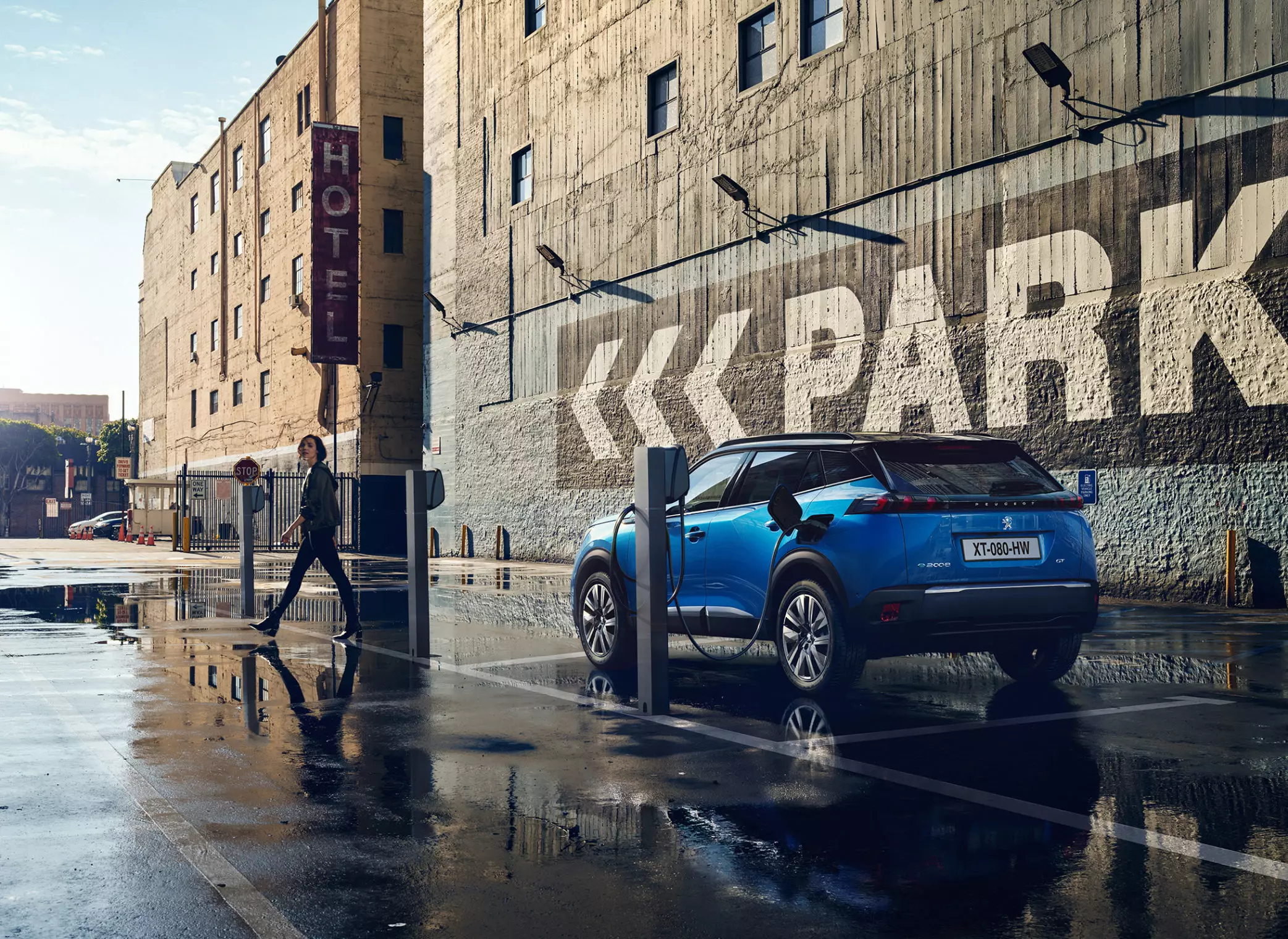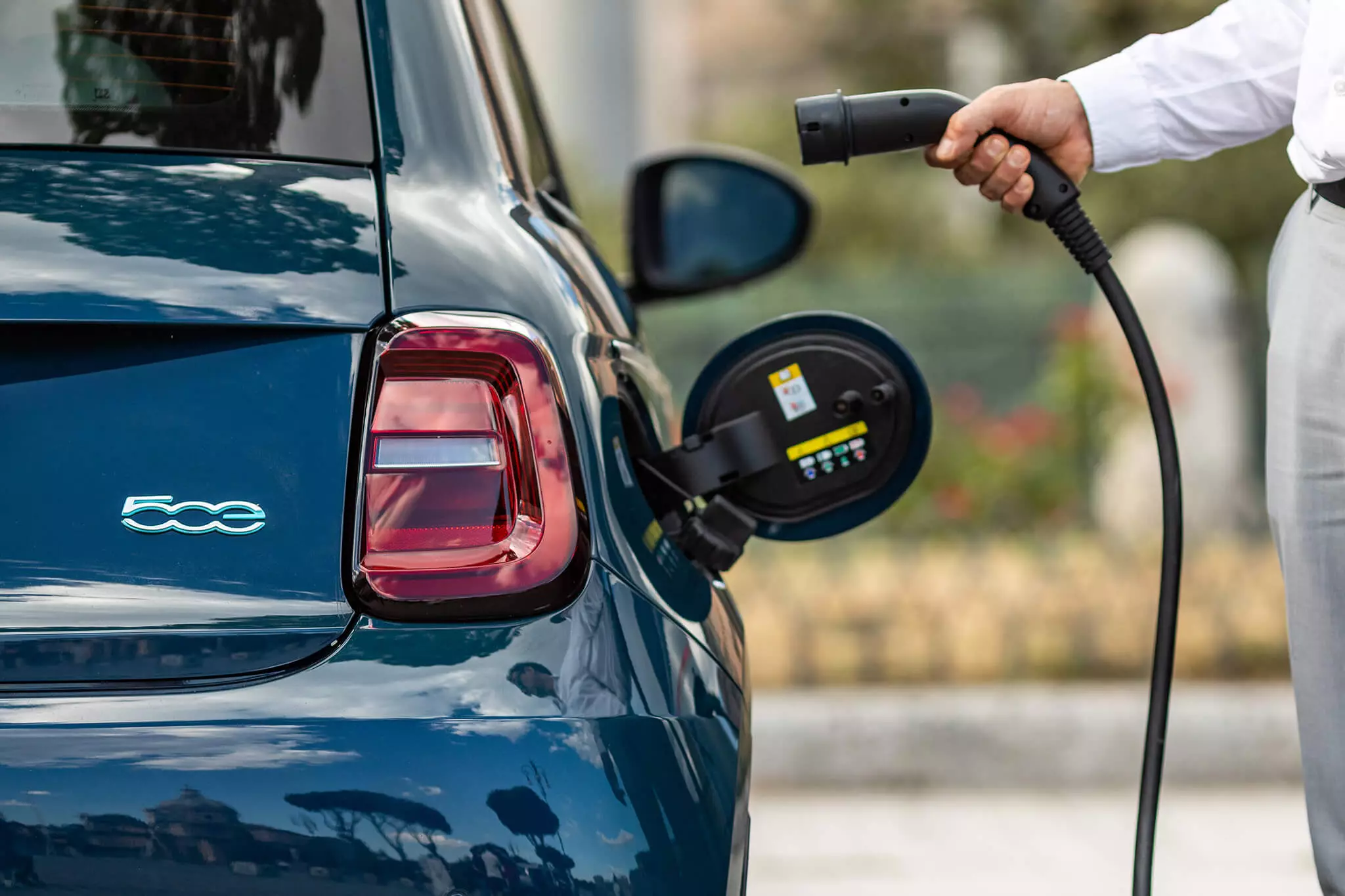Carlos Tavares, the Portuguese leader of the Stellantis group, says that external pressure by governments and investors to speed up electrification, that is, the transition to electric vehicles, has costs, "beyond the limits" that the car industry can sustain.
During the Reuters Next conference, last Wednesday (December 1), the leader of Stellantis warned that this pressure to speed up electrification could potentially threaten jobs and even the quality of vehicles, due to the difficulty in manage the higher costs in the production of electric vehicles.
The executive director of Stellantis even advanced with a 50% increase in the cost of an electric vehicle compared to a conventional vehicle.

Carlos Tavares, CEO of Stellantis"What was decided was to impose electrification on the automobile industry, which brings 50% additional costs compared to a conventional vehicle (with a combustion engine)."
"There is no way to transfer 50% of additional costs to the final consumer, because most of the middle class will not be able to pay".
Risk of cuts in the number of workers
Tavares continues: "Builders can charge higher prices and sell fewer units or accept lower profit margins." Whichever option is taken, Stellantis' CEO believes that both will lead to cutbacks in the number of workers.A warning that we have already seen is given by Ola Källenius, executive director of Daimler and also by several unions, both in Europe and in the USA, which look with apprehension at this transition and transformation, at an accelerated pace, of the automobile industry.
To avoid these types of cuts, car manufacturers have to increase their productivity at a rate much higher than the 2-3% usual in the car industry. “Over the next five years we have to withstand a loss of 10% in productivity per year”, said Tavares. “The future will tell us who will be able to withstand this, and who will fail. We are pushing the (automobile) industry to the limit.”
Vehicle quality concerned?
The acceleration of electrification that we are witnessing today, according to Carlos Tavares, could lead to quality problems later in time. Car builders need time to test and ensure that new technologies will work and be reliable.

Tavares says that accelerating the process “will be counter-productive. It will lead to quality issues. It will lead to all sorts of problems.”
But… won't the price of electric cars go down?
Although forecasts remain that the price of electric vehicles will come down and stay on par with that of vehicles with a combustion engine in the middle of the decade, new data show that it may not be that definitive, at least not in the period of time. that has been announced.
The cost of raw materials needed to make batteries has continued to rise, which combined with the growing demand for these and the still existing constraints on the quantities produced, could mean a stagnation in the price of kWh in the coming years, if not an increase. What will be reflected in the final price of electric vehicles.
Carlos Tavares had said in 2019 that “electric vehicles are not democratic”, alluding to their high production cost and corresponding price to the final consumer. Listening to these most recent statements of his, nothing seems to have changed.

Remember that Stellantis, the leading automotive group, announced at the beginning of the summer a mega-investment of more than 30 billion euros until 2025 to electrify virtually all of its models. For this purpose, four new platforms will be developed, capable of encompassing all the models of the group's 14 car brands.
Source: Reuters
